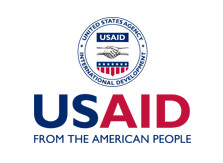 |
|
|
In 2003, Amina learned of the Kano Polio Victims Trust Association (KPVTA), an organization set up 26 years ago to provide financial and technical support, including vocational training, for its polio-disabled members so they can engage in cottage industries to support their families. Hoping to learn new skills and then set-up her own shop, Amina joined 30 other women in the tailoring class where they took turns practicing on only two sewing machines. They often had to wait around for as long as four days to get a chance at the machines. Most of them gave up. Learning of the situation, the USAID-funded COMPASS Project provided the Association with new equipment, including three welding machines, ten sewing machines, five knitting machines and two specialized embroidery machines. The news spread fast among members of the Association and Amina and most of the other trainees returned to the center, along with 23 new members in the tailoring classes. In August 2006, Amina learned she had been admitted into the advanced vocational skills acquisition training. "I was filled with tears," she said "when my name was called as one of those to benefit from the special training." With only three weeks in this advanced class, she has improved her sewing skills markedly and is confident she can use them to fulfill her dream of opening her own shop.
|
|
|
|
|
|
|
|
| |
|
| |
|
| |
|
| |
|
| |
|
| |
|
| |
|
| |
|
| |
|
|
||||||||||||||||||||||||||
|
The information provided on this Web site is not official U.S. Government information and does not represent the views or positions of the U.S. Agency for International Development or the U.S. Government. COMPASS Cooperative Agreement: |
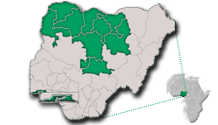
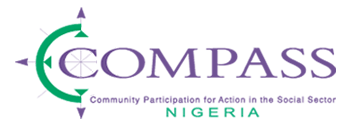
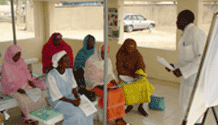
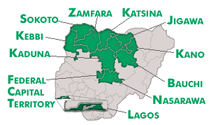
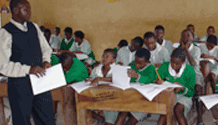
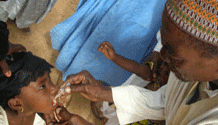
 EMAIL PAGE
EMAIL PAGE PRINT PAGE
PRINT PAGE REGISTER
REGISTER PROFILE
PROFILE

